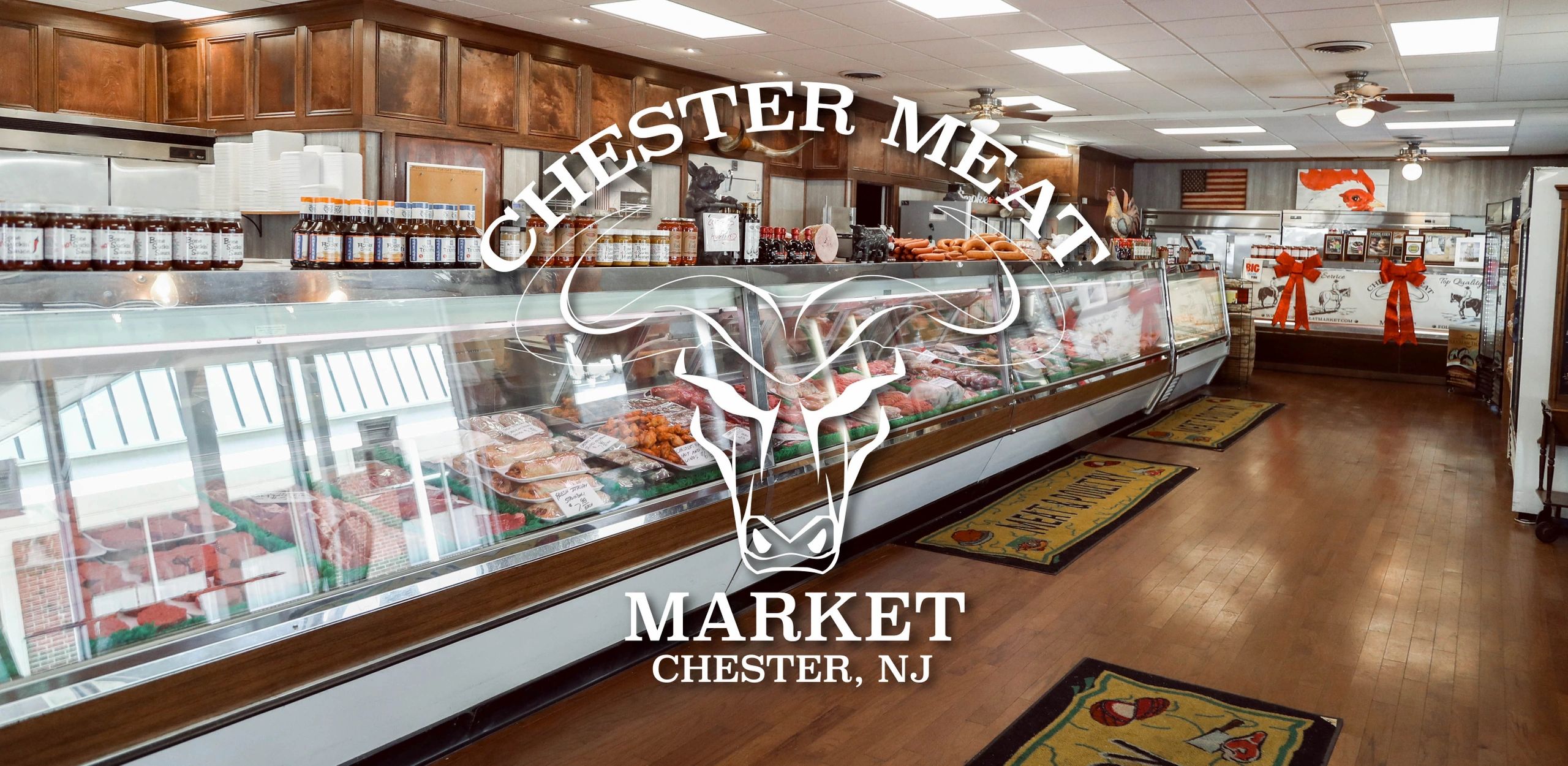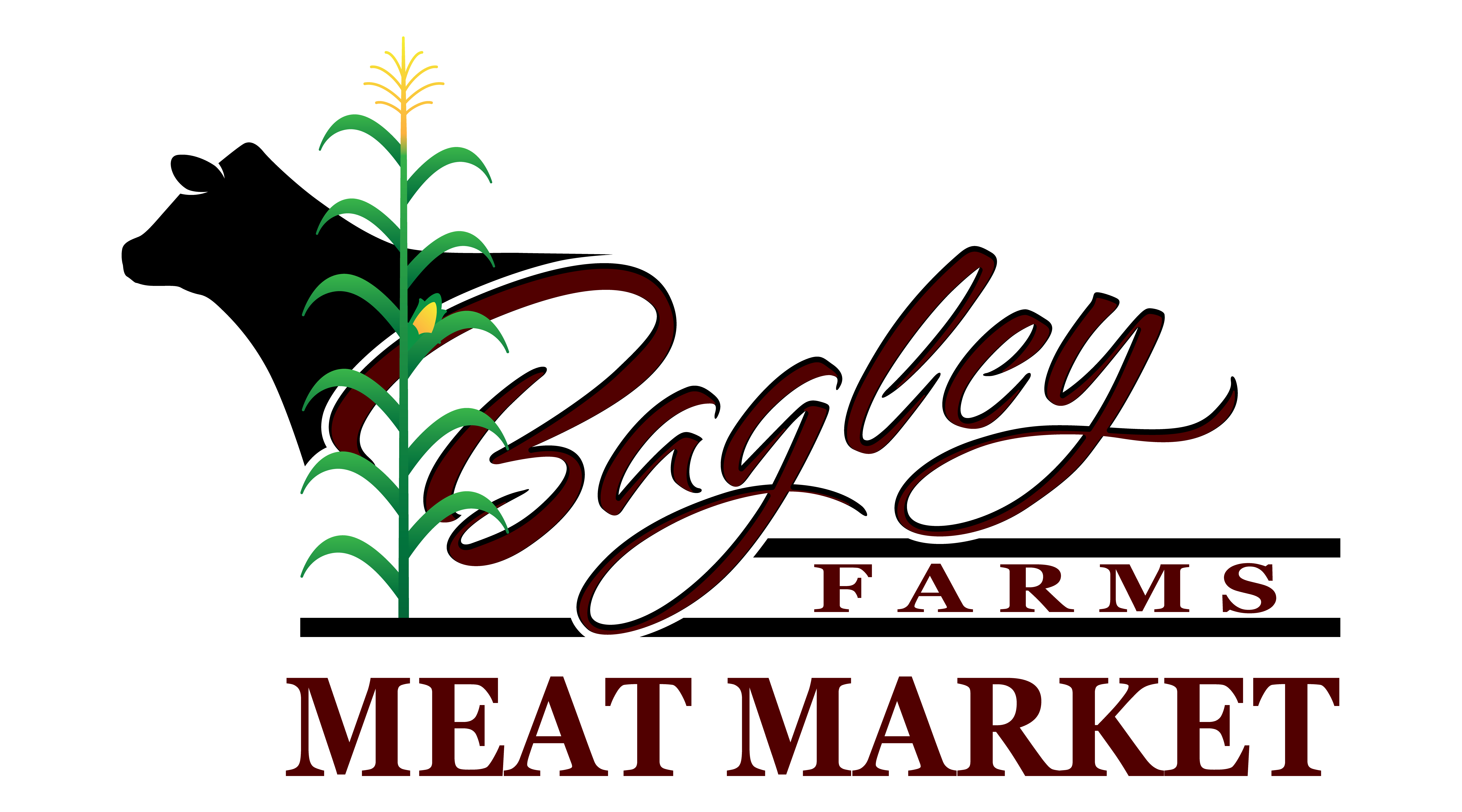Why Buying at a Regional Meat Market Guarantees Fresh, High-Quality Cuts
Shopping at a regional meat market provides unique advantages that commonly go undetected by customers accustomed to bigger retail chains. The ramifications of picking neighborhood expand past prompt advantages, triggering a better assessment of what this option really implies for both consumers and the local economy.
Advantages of Neighborhood Sourcing
In the world of food procurement, the benefits of neighborhood sourcing stand apart prominently. By purchasing meat from local markets, customers obtain straight access to products that are usually fresher and extra savory than those located in larger, commercial grocery stores. Neighborhood sourcing minimizes the time and range food takes a trip from farm to table, which not just improves taste but additionally protects nutritional worth.
Moreover, local sourcing commonly provides transparency concerning the beginnings of the meat. Customers can make inquiries about the farming practices utilized, pet well-being criteria, and whether the meat is organic or grass-fed. This info equips buyers to make enlightened choices aligned with their values.
Quality Assurance Specifications
Neighborhood meat markets commonly follow strenuous quality assurance requirements that guarantee the products offered meet high safety and quality standards. These criteria commonly incorporate different stages of the meat production procedure, from sourcing to managing and storage.
First, regional markets typically establish rigorous distributor requirements, guaranteeing that only reliable ranches and manufacturers are utilized - bagley meat market edwardsville il. This reduces the chance of contamination and promotes greater pet welfare criteria. Furthermore, many neighborhood meat markets carry out regular examinations to confirm that the meat is processed under hygienic conditions, better lessening wellness dangers
Temperature level control is one more critical element of quality control. Local meat markets regularly keep track of refrigeration systems to keep optimal storage space temperatures, making certain that meat remains fresh and secure for usage. Moreover, the application of traceability systems permits markets to track the origin of their items, providing openness and liability.
Finally, team at local meat markets are usually trained to acknowledge indicators of spoilage and comprehend appropriate handling strategies. This commitment to quality assurance not just boosts the overall standard of the meat however additionally cultivates consumer count on, making regional meat markets a trusted source for top notch cuts.
Sustaining Neighborhood Farmers
Sustaining local farmers is important for promoting a lasting food system and boosting area resilience. When consumers choose to shop at regional meat markets, they directly add to the source of incomes of farmers in their area. This not just sustains the neighborhood economic climate yet additionally reinforces the farming field, making certain that it continues to be sensible and vivid.


Moreover, sustaining local farmers promotes a feeling of area and connection in between producers and customers. It urges openness in food sourcing and instills count on, as clients can establish partnerships with the people who elevate their food. This straight connection ultimately results in a much more involved and educated public, which is crucial for advocating for lasting farming techniques in the future.
Sustainable Practices
Sustainable practices in meat markets play a vital duty in advertising ecological stewardship and making certain pet well-being. Neighborhood meat markets usually focus on sourcing their items from ranches that apply lasting and honest farming techniques. These methods include rotational grazing, which helps maintain soil health and reduces carbon exhausts, along with decreasing the usage of anti-biotics and hormonal agents in livestock.
Furthermore, local meat markets generally emphasize openness in their supply chains. Clients are offered with information regarding the beginning of their meat, enabling them to make educated choices that read more straighten with their worths. By supporting neighborhood farmers that practice lasting techniques, consumers add to the conservation of biodiversity and the reduction of transport discharges related to long-distance meat circulation.
Furthermore, many neighborhood meat markets take part in waste reduction methods, such as using every component of the animal and promoting off-cuts that may otherwise go unsold. By cultivating a more lasting blog here technique to meat consumption, these markets not just provide high-quality items but likewise contribute favorably to the environment and pet well-being. Essentially, purchasing at a regional meat market straightens consumers with a more comprehensive motion in the direction of liable and ethical food sourcing.
Customized Customer Care
Purchasing at a meat market frequently incorporates greater than just the items offered; it is also regarding the experience and the relationships developed in between consumers and personnel. Individualized client service is a trademark of neighborhood meat markets, establishing them aside from bigger grocery store chains. Knowledgeable staff put in the time to recognize individual client choices, making certain that each go to is customized to certain demands.
Customers benefit from skilled suggestions on cuts, food preparation methods, and prep work suggestions, promoting a feeling of trust fund and loyalty. This customized interaction enables clients to ask concerns and look for referrals, bring about educated purchasing decisions. Employee typically bear in mind normal consumers and their choices, developing an inviting environment that grows neighborhood ties.
Furthermore, individualized service reaches unique demands, such as custom-made cuts or certain preparation techniques, which larger retailers may not suit. This degree of interest strengthens the commitment of local meat markets to top quality and consumer contentment.
Fundamentally, individualized client service not only boosts the buying experience however more tips here also makes certain that consumers entrust to the most effective items matched to their culinary needs, making every visit a fulfilling one.
Final Thought
Sustaining neighborhood farmers promotes area connections and enhances the local economic situation, while sustainable techniques add to ecological stewardship. Additionally, customized consumer solution enhances the buying experience, making neighborhood meat markets a preferred option for customers looking for both top quality and ethical considerations in their food sourcing.
The ramifications of picking neighborhood extend beyond instant advantages, triggering a closer evaluation of what this option absolutely means for both consumers and the local economic climate.
Sustaining neighborhood meat markets additionally adds to the local economy. Neighborhood meat markets regularly monitor refrigeration systems to maintain optimal storage temperatures, guaranteeing that meat stays fresh and risk-free for intake.Neighborhood farmers are usually more attuned to the specific needs of their communities, raising and growing plants animals that straighten with neighborhood preferences and preferences. Supporting local farmers fosters area partnerships and reinforces the neighborhood economic climate, while sustainable methods contribute to environmental stewardship.